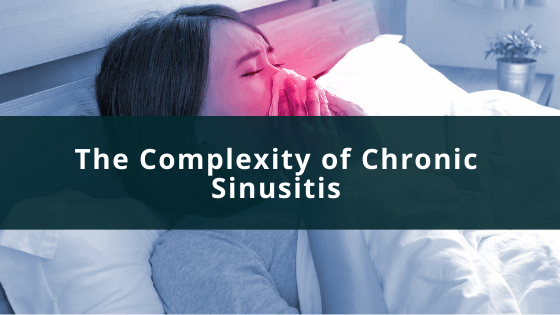The brain is the most metabolically active organ in the body and with all that metabolism there is a tremendous amount of toxic waste byproducts produced. One of these byproducts is known as beta amyloid. Recent studies have shown that the accumulation of toxic metabolites such as beta amyloid can lead to brain injuries. Also, beta amyloid has been associated with Alzheimer’s disease and Dementia.
When you sleep the brain has the ability to recharge itself and remove these toxic metabolites that accumulate during the day. If people are sleep deprived or get less than what considered an acceptable amount of sleep, then there is an accumulation of byproducts and cognitive and behavioral functions suffer.
The importance of sleep
Recent research has shown that the glymphatic system is responsible for the removal of these toxic metabolites from the brain. Unfortunately, this process can not occur while the brain is awake, demonstrating the importance of sleep. It also appears that the glymphatic system works mostly during slow-wave or delta sleep. One of the most important functions of delta sleep is consolidating learned tasks into long term memory storage. If delta sleep is impaired, the clinical symptoms can manifest in many ways according to a recent report titled “The Neuroprotective Aspects of Sleep”. These manifestations include behavioral, personality, cognitive and physical complaints. There are numerous studies that have shown an association between the lack of delta sleep and fibromyalgia.
Are you getting the right amount of sleep?
Unfortunately, despite the fact that patients may spend an adequate amount of time in bed, they do not feel well-rested. For many of these people, there is usually a disproportion of more light sleep and less deep sleep. Normally, during a good night’s sleep, your sleep cycle should be approximately 50-50 between light (Stage N1 and N2) versus deep sleep (N3 now delta sleep and REM sleep). In many sleep studies that I’ve reviewed over the years of patients complaining of fatigue, there is a disproportionate amount of light sleep; 80% or more compared to very little deep sleep. In some instances, patients may have no delta sleep at all or no REM sleep at all.
Some of these patients may have underlying organic reasons for this disproportionate sleep, such as OSA, chronic infections or chronic inflammatory states. One observation I have seen is in perimenopausal women. Many of these women show little or no deep sleep and complain of brain fog, fibromyalgia-like symptoms, and fatigue. This raises the question of whether or not hormonal imbalances may be playing a role in this disproportionate sleep architecture. Currently, I am looking to do a research protocol in this area. If true, it will be important to see if correcting these hormonal imbalances will improve sleep function and architecture.
Is our population over-stimulated, and not getting enough sleep?
One other population that should be mentioned are those that are just plain over-stimulated because of societal demands that we see today. In other words, too much late-night IPad, cellphone, laptop and TV use before bed. One way to improve delta sleep is to unplug about 1-2 hours before bedtime. Another is to destress. Unfortunately, during these trying times with the Covid-19 pandemic, it may be impossible. Hopefully, with the recent breakthroughs of the use of hydroxychloroquine and azithromycin, this storm will be weathered sooner than later. Moving forward, hopefully, we will understand the importance of a healthy lifestyle, including sleep, making our society a much healthier one.







